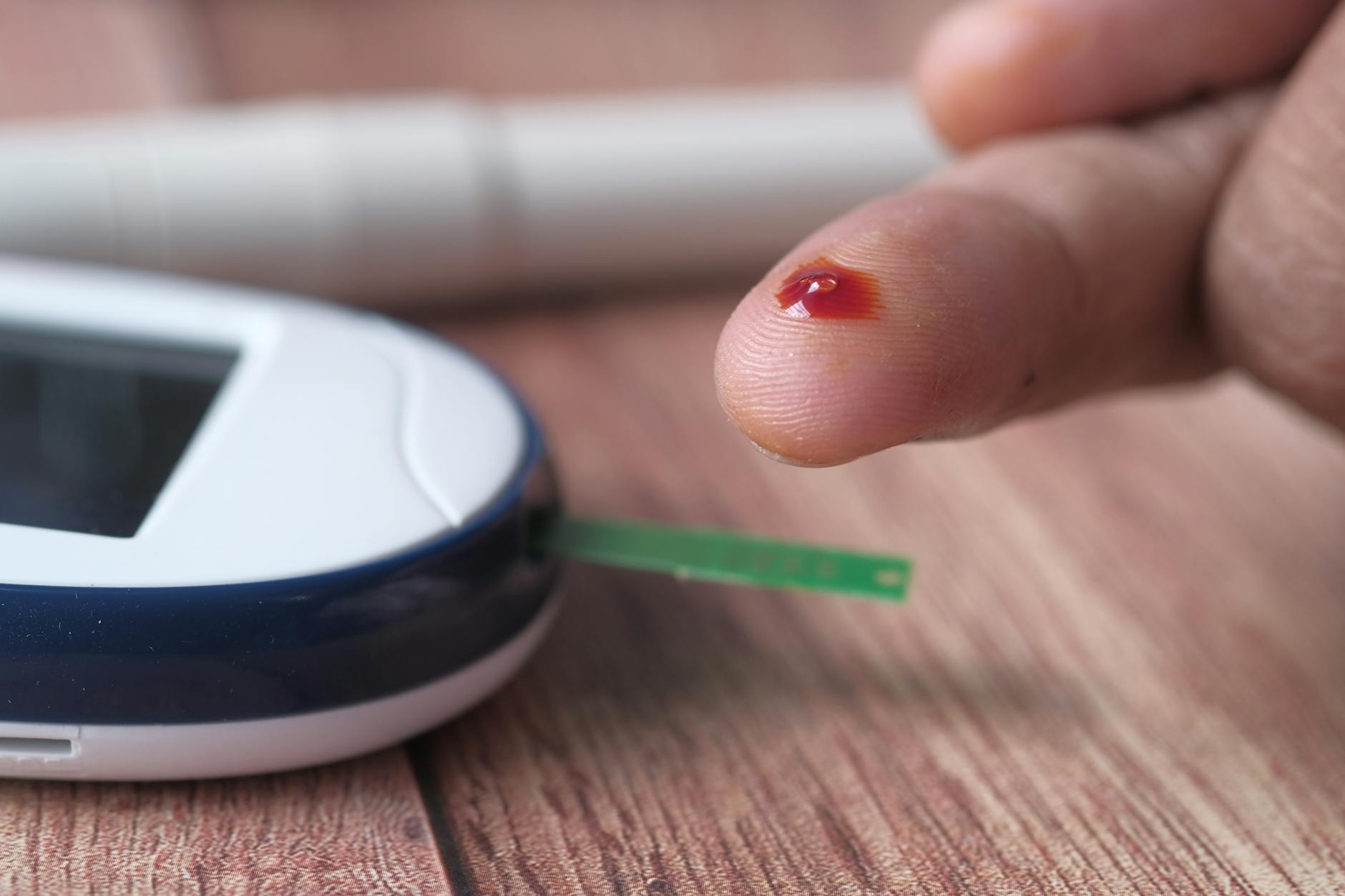Uncover how simple lifestyle changes and dietary choices can reverse the effects of Type 2 Diabetes for a healthier future.
Table of Contents
Welcome, readers, to a comprehensive guide on Type 2 Diabetes and how you can take charge of your health and well-being. In today’s fast-paced world, prioritizing your health is paramount, and understanding common health conditions such as Type 2 Diabetes can empower you to make informed decisions for a healthier future.
What is Type 2 Diabetes?
Type 2 Diabetes is a chronic condition that affects how your body metabolizes sugar (glucose). This condition can lead to high blood sugar levels, which, if left untreated, can have serious implications on your overall health. Understanding the causes and symptoms of Type 2 Diabetes is key to taking proactive steps towards managing this condition.
Causes and Risk Factors
Type 2 Diabetes is often linked to lifestyle factors such as poor diet, lack of physical activity, and obesity. Genetics also play a role in the development of this condition. Being aware of the risk factors associated with Type 2 Diabetes can help you make positive changes to reduce your risk and improve your overall health.
Symptoms and Diagnosis
Common symptoms of Type 2 Diabetes include increased thirst, frequent urination, fatigue, and blurred vision. If you suspect you may have Type 2 Diabetes, it is important to consult with a healthcare professional for proper diagnosis. Blood tests and other diagnostic tools can help determine if you have Type 2 Diabetes and guide treatment options.
Treatment Options and Management Strategies
Managing Type 2 Diabetes involves a combination of lifestyle changes, medication, and regular monitoring of blood sugar levels. Adopting a healthy diet, staying physically active, and managing stress can all play a role in controlling your blood sugar levels and overall health. Working closely with healthcare providers to create a personalized treatment plan is essential for effectively managing Type 2 Diabetes.
Importance of Routine Check-Ups and Monitoring
Regular check-ups and monitoring of blood sugar levels are crucial for individuals with Type 2 Diabetes. These appointments allow healthcare providers to track your progress, adjust treatment plans as needed, and address any potential complications that may arise. Staying proactive and engaged in your healthcare can lead to better outcomes and a higher quality of life.
| Chapter | Title | Summary |
|---|---|---|
| 1 | Understanding Type 2 Diabetes | An overview of what Type 2 diabetes is, its causes, symptoms, and risk factors. |
| 2 | Diagnosis and Monitoring | Explains how Type 2 diabetes is diagnosed, including tests and monitoring techniques. |
| 3 | Managing Blood Sugar Levels | Tips on how to effectively manage blood sugar levels through diet, exercise, and medication. |
| 4 | Prevention and Risk Reduction | Ways to prevent Type 2 diabetes and reduce the risk of complications. |
| 5 | Healthy Lifestyle Choices | Advice on making healthy lifestyle choices to improve overall health and well-being. |
Making Healthy Choices Every Day
Living with Type 2 Diabetes requires a commitment to making healthy choices every day. This includes maintaining a balanced diet, staying active, monitoring blood sugar levels, and managing stress. By prioritizing your health and well-being, you can take control of your Type 2 Diabetes and lead a fulfilling and vibrant life.
Conclusion
In conclusion, Type 2 Diabetes is a manageable condition that requires attention, dedication, and support. By understanding the causes, symptoms, and treatment options for Type 2 Diabetes, you can transform your health and well-being for the better. Remember, you are the driving force behind your health journey, and with the right knowledge and resources, you can turn the tables on Type 2 Diabetes and embrace a healthier future.
FAQ
Here are answers to some common questions related to Type 2 Diabetes:
Can Type 2 Diabetes be reversed?
Yes, Type 2 Diabetes can be reversed through lifestyle changes such as a healthy diet, regular exercise, and weight management.
What are the risk factors for developing Type 2 Diabetes?
Risk factors for Type 2 Diabetes include obesity, sedentary lifestyle, family history, and age over 45.
How often should I monitor my blood sugar levels?
It is recommended to monitor blood sugar levels regularly as advised by your healthcare provider. This may vary depending on your individual needs and treatment plan.
What are some tips for making healthier choices with Type 2 Diabetes?
Some tips include following a balanced diet, staying active, managing stress, and staying consistent with medication and monitoring. Consult with your healthcare provider for personalized advice.




